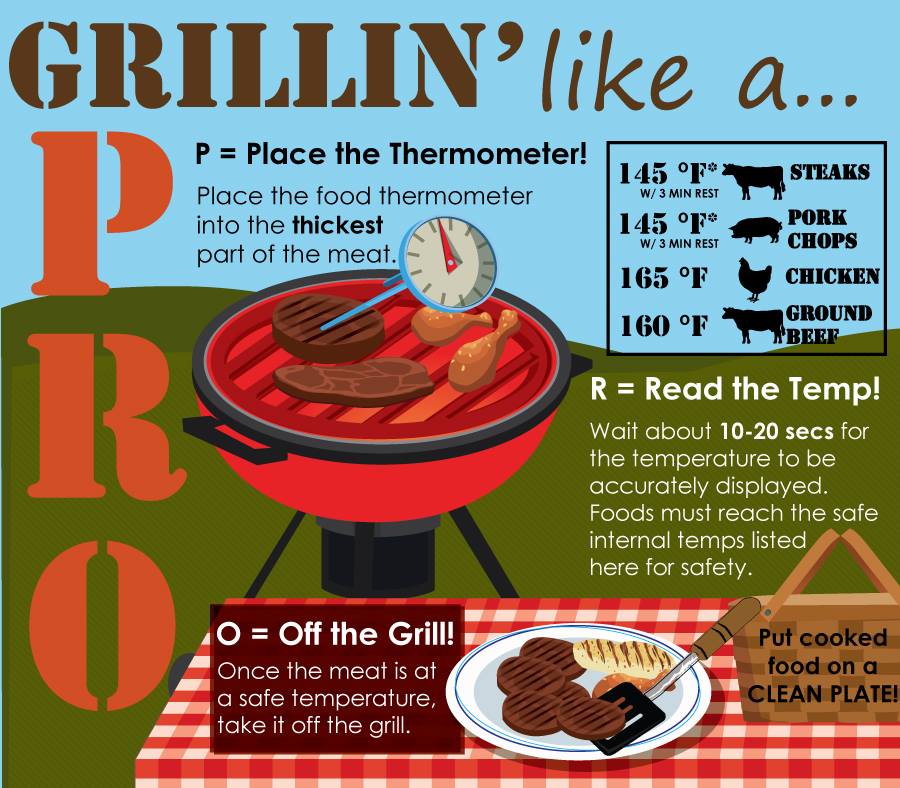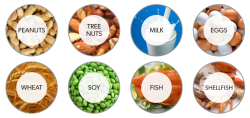- Advertisement -

Popular
Harmful Foodborne Bacteria
Bacteria are a member of a large group of unicellular microorganisms - some of which can cause human disease. Although most bacteria are harmless or often beneficial, some bacteria are pathogenic, or those that can pose a threat to human health or cause illness. Bacteria and viruses are responsible for most foodborne illnesses and are the biggest threat to food safety.
Grilling and BBQ Food Safety
Summer months brings out everyone's barbecue grills. But, in warmer temperatures - additional food safety care must be taken because bacteria multiply faster. Following a few simple principles and guidelines can prevent a food illness.
Eggs and Salmonella Dangers
Eggs aren’t just for breakfast anymore. Low-carbohydrate diets finds more people consuming eggs, but there can be health risks if eggs are not handled, stored, and prepared safely. #NationalEggDay is observed annually on June 3 . It is not only the perfect time to celebrate by trying a new egg recipe, but also to refresh you food safety knowledge and procedures on eggs.
Food Safety for Raw Oysters
Raw shellfish (e.g. oysters, clams, mussels) can pose an increased risk to be contaminated - as they are filter feeders and become contaminated when their waters are polluted with raw sewage and bacteria.
Food Safety for Grilling Ground Beef
Ready to start grilling hamburgers? Bacteria is of special concern with ground beef - because when beef is ground - more of the meat surface is exposed to potential harmful bacteria. For this reason, ground beef must be cooked to an internal temperature of 160°F, so as to kill all the bacteria and avoid foodborne illness.
























